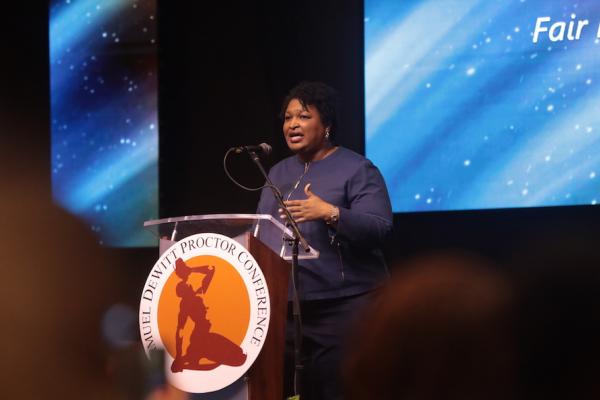Feb 20, 2020
Voter suppression tactics jeopardize the very legitimacy of the 2020 election. They also represent an assault on human dignity and imago dei, because as Dr. Martin Luther King Jr. so aptly put it, “So long as I do not firmly and irrevocably possess the right to vote, I do not possess myself. I cannot make up my mind — it is made up for me. I cannot live as a democratic citizen, observing the laws I have helped to enact — I can only submit to the edict of others.”
Read the Full Article

Already a subscriber? Login
